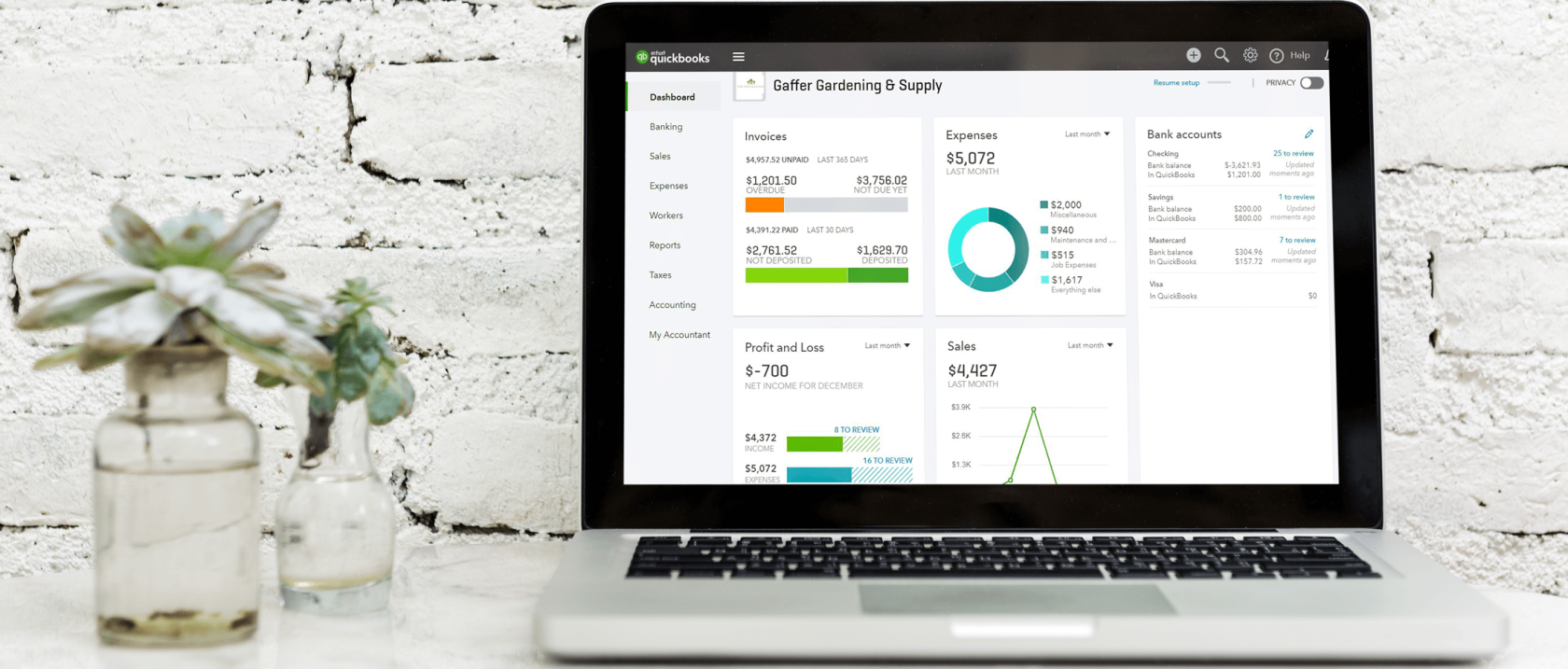If you’re already using Quickbooks Online (“QBO”) or considering moving to the cloud, QBO has a few neat features beyond the vanilla functions like general ledger, accounts receivable and accounts payable. With new features launched consistently, make sure you’re getting the most of the app!
Who is this for?
-
Small Business Owners
-
Entrepreneurs
-
DIY Bookkeepers
Keep reading if you’re…
-
Already using QBO or considering moving to QBO and want to maximize its use
-
Tired of administrative work and rather focus on making money
-
Hate leaving money on the table
TLDR: Level up your Quickbooks Online app by 1) setting up automatic invoice reminders and recurring credit card processing to improve customer collections. 2) using mileage tracker and sales tax to maximize tax deductions. 3) setting T4A to remain in compliance and minimize the administrative headache.
How to Level Up Quickbooks Online?
Automating Invoice Reminders – Revenue is good, but cash is king. Do you sometimes forget and dread manually following up on overdue invoices? QBO can automatically send out reminders a few days before the due date. The reminder emails can be personalized and a PDF copy of the invoice can be attached.
Recurring Credit Card Processing – If you charge customers a set monthly amount and they’ve kindly provided a credit card on file, why bother to manually charge their cards each month? In QBO, you can setup a recurring sales receipt and save your customer’s credit card information. Then it’s presto, the card is charged each month. You’ll just need to setup credit card processing in QBO which is straight-forward. And don’t forget to collect a credit card authorization form from your customers.
Tracking Business Mileage – If you expense business mileage, the CRA requires you to maintain a detailed mileage log complete with km’s travel, date, start & end location, and purpose of travel. Some resort to a monthly ritual of jogging their memory and recording down the information on a calendar. Luckily, QBO has a built-in feature to track your mileage. While this requires the QBO mobile app and a data connection, the benefit is no more racking your brain to remember the last trip.
Tracking Sales Tax – When you pay GST on business expenses, those amounts can be used as Input Tax Credits (“ITCs”) to offset the GST collected on your revenues. Don’t overpay the government with poor record-keeping and incorrect calculations for ITCs. While the sales tax feature is commonly understood in QBO, make sure you understand the differences between Exempt, Out of Scope, and Zero Rated to properly determine your sales taxes.
Issuing T4A Forms – If you’ve paid a subcontractor, you are required to send a T4A to the CRA and your supplier each calendar year. You Accountant may be asking you for a list of subcontractors by supplier and amounts from which they manually prepare the forms. For a small business with <50 forms, you can print the pre-filled forms in QBO and mail to the CRA and your suppliers.




